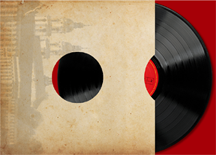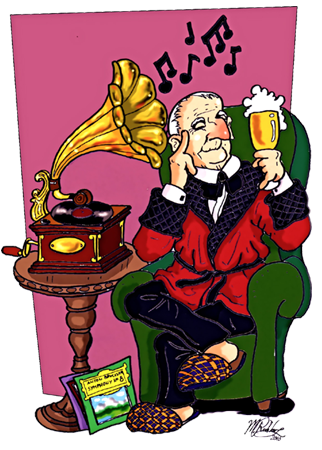Weiser, Theresa: Music for God
This 1951 book is about Bruckner, but it is written as an historical novel. Therefore the book clearly belongs within this category. The following is the forward to the book written by the author: FOREWORD MUSIC FOR GOD is, on the surface, a novel which recounts the story of a composer's struggle for recognition and for freedom to work in his own way. But the underlying theme shows the growth in spirit of a man whose life was dedicated to the glorification of God through his music. The manuscript deals with the life and work of the Austrian composer, Anton Bruckner, and describes his temptations, his struggles, and his final emergence as a great composer and a saintly man. I have tried to give in this book as much exact information about Bruckner as possible, and have therefore kept close to the truth. Some of the incidents, however, had to be invented to clarify and interpret, and even more to connect and weave into a narrative the various events which make up a man's life. The fictitious situations fit in, however, with the historical and cultural background and the characters described. The first scene, for instance, is entirely invented. There is no evidence that Toni Bruckner as a child ever expressed the wish to become an angel, yet it is known that he had his heavenly goal constantly before his eyes. Similarly, there is no evidence that he was shocked at the sight of an indecent picture in Vienna, yet from what we know of his chaste character, and of the prevailing lack of morals in the Vienna of his days, this situation might have happened. Most of the characters are true to life and names such as Bishop Rudigier, Prelates Arneth and Mayr, and the names of Bruckner's teachers Sechter and Kitzler, and that of Exner, then President of the University of Vienna, are historic. A few of the characters are, however, invented, four of them being composites: Spat is a composite of Bruckner's friends, Hecht of his foes, Lois of the type of young woman Bruckner used to fall in love with and Barbara the type of woman most likely to care for Bruckner. The book contains fictionalized descriptions of almost all Bruckner's works, adapted from analyses and descriptions found in Decsey's and Auer's excellent biographies. Quotations have been taken from the Bible, from the Encyclicals on marriage and education, from Goethe, and from Woodlock's The Catholic Pattern. Information on painting and music is based on material in Spengler's The Decline of the West. Certain facts and incidents illustrating Bruckner's character and the atmosphere of the last century have been drawn from Auer's and Engel's biographies, from Decsey's Bruckner play and Bachmann's Bruckner novel. |






